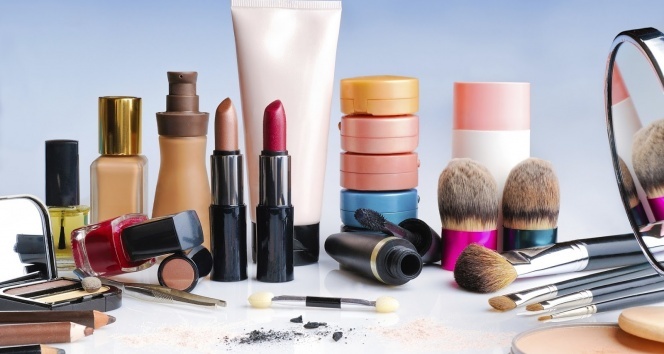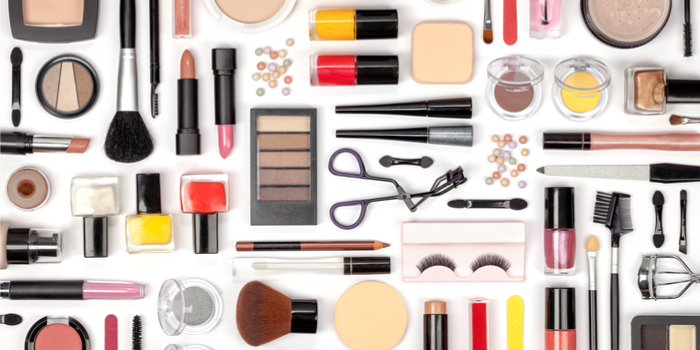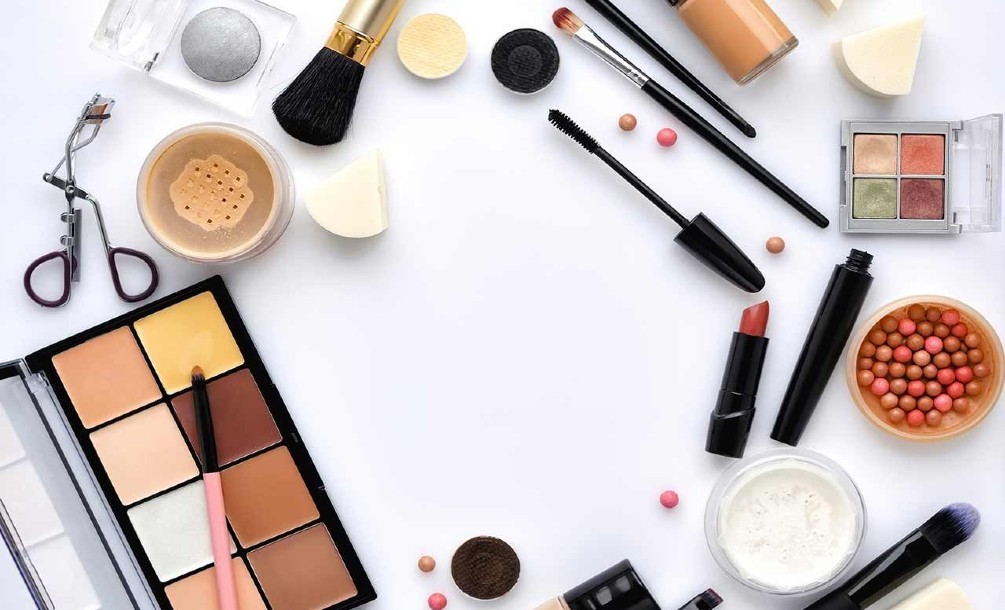Side Effects of Cosmetic Products

Indispensable for daily life
Products with additives
Undesirable side effects
Cosmetic intolerance
Shampoo can cause eczema
“Patch test” against eczema
Don’t let the perfume stain your skin
Does oily cream cause acne?
Rules to consider when using cosmetics
Cosmetic products, which people don’t hesitate to spend a fortune for the sake of beautification, can bring more harm than good if not chosen correctly. Wrong choice of cosmetics can cause side effects such as cosmetic intolerance, skin sensitivity, eczema, acne and discoloration. Side effects of cosmetic products will be explained below.

Indispensable for daily life
Cosmetics are products that are applied externally to beautify the external appearance of the person and have become an integral part of our daily life. Although they were originally produced to improve the mood of the person, there are also products that aim to repair the damage that may occur on our skin and delay the signs of aging in the skin in recent years.
Products with additives
Cosmetics containing many raw materials and additives are generally safe. However, undesirable side effects may occur due to the products. Some of the effects develop immediately after using the product, while others begin long after use. For this reason, it is possible for the person to have a reaction to a cosmetic that she has used in the past.
Undesirable side effects
Undesirable effects from cosmetics can be summarized as cosmetic intolerance, skin sensitivity, eczema, acne, skin discoloration. Side effects seen in the used area or very rarely systemic side effects caused by the product getting into the blood.
Cosmetic intolerance
Cosmetic intolerance manifests itself with signs such as burning, stinging, tingling and tension on the skin. After each application of the cosmetic product, complaints appear and sometimes become unbearable. It is accepted that sensory nerve sensitivity is responsible for their formation. People with this complaint should not use skin irritating products such as alcohol, vitamin A, alpha hydroxy acid. Cleansers, moisturizers and sunscreens prepared for sensitive skin are suitable options for these people.
Shampoo can cause eczema
Eczema is another side effect caused by cosmetics. There are two types of eczema: allergic and irritation eczema. Soaps, eye make-up products, moisturizers and shampoos are cosmetic product groups that can cause irritation. The reaction may develop immediately after use of the product, or may begin after prolonged use.
Symptoms such as burning, stinging and itching occur in the area where the product is used. When the patient continues to use the product, redness, flaking and dandruff occur. The main reason for this is the dryness of the skin and the damage to the protective layer. The skin of the eyelid is particularly sensitive to irritation because it is thin.
“Patch test” against eczema
User’s reaction to any substance in the product causes allergic eczema. Often fragrances, hair dyes, sunscreens and additives in them cause allergic eczema. It manifests itself in the form of redness, itching, watering and swelling on the skin. Patch test detects the substance that causes allergies. According to the test result, the allergic substance is detected and the person is informed about not using cosmetics containing that substance.
Don’t let the perfume stain your skin
Some substances in cosmetics may react chemically with ultraviolet rays in sun-exposed areas and cause a skin reaction. Perfumes, bergamot oil and aftershaves are in the cosmetic group that can cause these reactions. It may cause redness, blistering and color increase on the skin.
Does oily cream cause acne?
Acne-like formations are another side effect after the use of cosmetics. Oily face creams can cause this effect.
Side effects of cosmetic products: Rules to consider when using cosmetics

- Cosmetics according to skin type: People with oily skin should generally prefer skin-drying and water-based products, while those with dry skin should prefer moisturizing products that do not contain alcohol.
- Read the label well: If the person has previously shown a reaction to a substance in the content of the cosmetic product, she should pay attention to whether that substance is present in the selection of a new cosmetic by looking at the label information.
- Pay attention to the expiration date.
- Do not apply it when there is an infection.
- You shouldn’t sleep with make-up.
- Do not share your cosmetic products with anyone.
- If there are any side effects, leave it.


